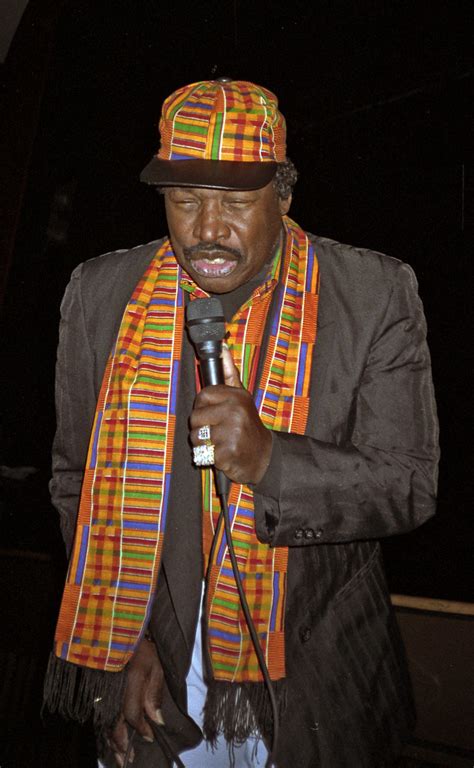A Quote by Kevin Rudd
We are so fortunate, as Australians, to have among us the oldest continuing cultures in human history. Cultures that link our nation with deepest antiquity. We have Aboriginal rock art in the Kimberley that is as ancient as the great Palaeolithic cave paintings at Altamira and Lascaux in Europe.
Related Quotes
The human longings that are deep inside of us never go away. They exist across cultures; they exist throughout life. When people were first made, our deepest longing was to know and be known. And after the Fall, when we all got weird, it's still our deepest longing - but it's now also our deepest fear.
As nations we should also commit afresh to righting past wrongs. In Australia we began this recently with the first Australians - the oldest continuing culture in human history. On behalf of the Australian Parliament, this year I offered an apology to indigenous Australians for the wrongs they had suffered in the past.
Storytelling is the oldest form of entertainment there is. From campfires and pictograms - the Lascaux cave paintings may be as much as twenty thousand years old - to tribal songs and epic ballads passed down from generation to generation, it is one of the most fundamental ways humans have of making sense of the world.
To put it in a nutshell, the Central and South American high cultures of antiquity were entirely worthy of comparison with what the Old World had achieved by the time of the Han, the Gupta, and the Hellenistic age. The fact is that the Amerindian high cultures were a human modality of their own, and those Spaniards who came among them first would have had the sensation, if they had ever heard of such literature, of treading in a world of imaginative science fiction. But it was real, and the Amerindian achievements deserve all our sympathy and praise.
The arts have long been an integral and vibrant part of our nation's cultural heritage. In its many forms, art enables us to gain a deeper understanding of ourselves and of our society. Providing us with a unique way to learn about people of other cultures, it allows us to discover all that we have in common. At its best, art can beautify our cities, encourage economic development and social change, and profoundly affect the ways we live our lives.
Great cycles of history began with vigorous cultures awakening to the needs of children, but collapsing with frayed family ties. Have we failed to learn lessons which Ancient China, Greece and Rome learned too late - about day care and death houses for old folks? Do we without protest accept accelerating preschool and nursing home cultures which warn ominously that the earlier you institutionalize your child, the earlier he will institutionalize you!

































